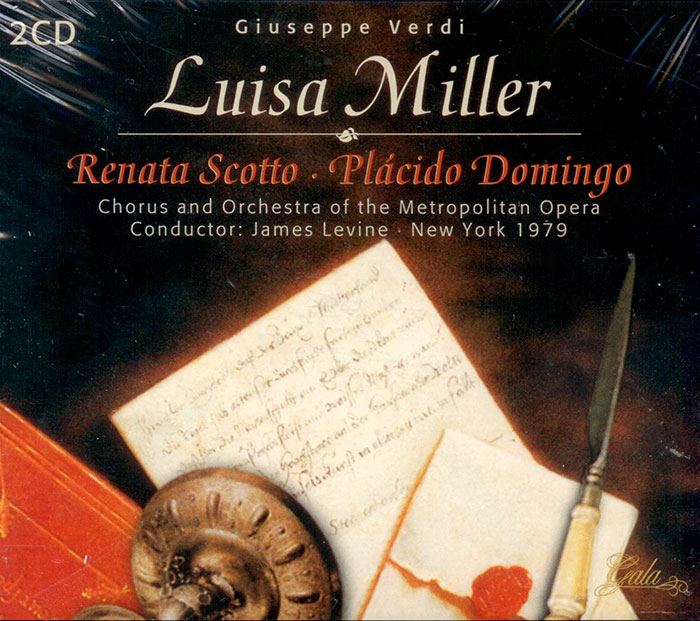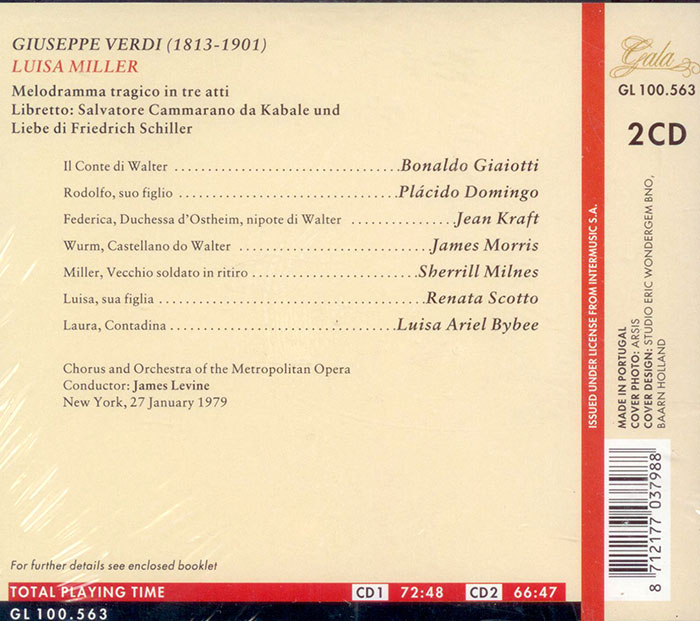Logowanie
Dlaczego wszystkjie inne nie brzmią tak jak te?
Chai Lang, Fan Tao, Broadcasting Chinese Orchestra
Illusive Butterfly
Butterly - motyl - to sekret i tajemnica muzyki chińskiej.
SpeakersCorner - OSTATNIE!!!!
RAVEL, DEBUSSY, Paul Paray, Detroit Symphony Orchestra
Prelude a l'Apres-midi d'un faune / Petite Suite / Valses nobles et sentimentales / Le Tombeau de Couperin
Samozapłon gwarantowany - Himalaje sztuki audiofilskiej
PROKOFIEV, Stanislaw Skrowaczewski, Minneapolis Symphony Orchestra
Romeo and Juliet
Stanisław Skrowaczewski,
✟ 22-02-2017
BARTOK, Antal Dorati, Philharmonia Hungarica
Dance Suite / Two Portraits / Two Excerpts From 'Mikrokosmos'
Samozapłon gwarantowany - Himalaje sztuki audiofilskiej
ENESCU, LISZT, Antal Dorati, The London Symphony Orchestra
Two Roumanian Rhapsodies / Hungarian Rhapsody Nos. 2 & 3
Samozapłon gwarantowany - Himalaje sztuki audiofilskiej
Winylowy niezbędnik
ClearAudio
Cartridge Alignment Gauge - uniwersalny przyrząd do ustawiania geometrii wkładki i ramienia
Jedyny na rynku, tak wszechstronny i właściwy do każdego typu gramofonu!
ClearAudio
Harmo-nicer - nie tylko mata gramofonowa
Najlepsze rozwiązania leżą tuż obok
IDEALNA MATA ANTYPOŚLIZGOWA I ANTYWIBRACYJNA.
Wzorcowe
Carmen Gomes
Celebrating the art and spirit of music - vol. 5 - Reference Songs
- CHCECIE TO WIERZCIE, CHCECIE - NIE WIERZCIE, ALE TO NIE JEST ZŁUDZENIE!!!
Petra Rosa, Eddie C.
Celebrating the art and spirit of music - vol. 3 - Pure
warm sophisticated voice...
SAMPLER - STS DIGITAL, Gregor Hamilton
Celebrating the art and spirit of music - vol. 2 - Love songs from Gregor Hamilton
...jak opanować serca bicie?...
SAMPLER - STS DIGITAL
Celebrating the art and spirit of music - vol. 1 - Leonardo Amuedo
Największy romans sopranu z głębokim basem... wiosennym
Lils Mackintosh
Celebrating the art and spirit of music - vol. 4 - A Tribute to Billie Holiday
Uczennica godna swej Mistrzyni
VERDI, Renata Scotto, Placido Domingo, The Metropolitan Opera Orchestra and Chorus, James Levine
Luisa Miller

Abert 5.0 out of 5 stars A true Black Horse. January 23, 2014 ‘Luisa Miller’ was among the first of Verdi's earlier (pre-Rigoletto) operas to return to prominence following the Verdi revival in the 1950s and 1960s. Itsrather pastoral colour sets it on an unique intimacy that are at once distinct from the so-called 'mighty triumvirate' of 1851-3 of Rigoletto, Il Trovatore and La Traviata. The recordings that are being recognized as best serving this piece were the 1964 Anna Moffo account on RCA, capturing Moffo at her limpid best, and with a supporting cast including Bergonzi, MacNeil, Verrett and Tozzi it's not to be dismissed lightly. The 1970s brought two famous studio accounts, one with Domingo and Ricciarelli on DG (sadly marred by rigid conducting), the other with Pavarotti, Milnes and Caballé on Decca, Caballé being slightly matronly in sound. Domingo returned to the part with Levine on Sony in the 1980s, though the supporting cast is inferior, yielding inferior results, and also stars in a DVD of the opera with Renata Scotto from a Met broadcast (also on DG). There are also some decent live recordings, including one with Carreras and Ricciarelli. However, this more recently released but old (1969, not 1974) live recording from the Italian radio archives has much to offer and in some respects supersedes all of the above. Luciano Pavarotti far surpasses his achievement on the Decca recording in the role of Rodolfo, largely because he's much more engaged with the opera as a drama in this earlier 1969 account. Performing live to a studio audience injects the whole recording with more atmosphere than the Decca studio could provide, and because it was a radio broadcast rather than a pirate recording from a performance in an opera house, the sound is superior (and in stereo). There's such passion, full tone and excitement from Pavarotti's singing throughout - whether in the aria 'Quando le sere al placido' or in his thrilling contributions to the nail-biting first-act finale - that this is as good a reminder as any of why the Italian tenor at his best was an almost unrivalled all-time great. In the title role, young Mexican soprano Gilda Cruz-Romo gives a very different interpretation to that of Caballé on Decca. It's at once more dramatic and more forced. On the whole, Caballé's vocal radiance is often preferred, but Cruz-Romo's commitment is well suited to the spirit of the live radio performance, and she sounds younger, in the same youthful vein as Ricciarelli (with Domingo). Here is one of the very few recordings of this underrated Verdian soprano, captured at her prime. Matteo Manuguerra's portrayal of Miller, Luisa's father, far outstrips that of Sherrill Milnes on Decca. Milnes was not at his best at the time of making that particular recording and has some tuning problems. Here, Manuguerra is ideally firm of tone, and much more menacing in the part, especially in the savage third act. Almost his equal is Ferruccio Mazzoli as Wurm, making the most of this sinister and slimy role, and Raffaele Arié is vocally solid as Walter. The crowning glory is the conducting of Peter Maag, who also conducted Pavarotti in the Decca recording but is here far more inspired. Maag drives the drama with tremendous energy and fiery intensity, and the Chor e Orchestra Sinfonica RAI di Torino sing and play superbly, with world-class distinction. It may not boast the most lavish packaging, but this is an excellent and unexpectedly gripping recording that even Verdi novices will enjoy. The sound is excellent for a live performance: vibrant, clean, and well balanced. There is some audience noise, but not enough to be seriously distracting, and there is virtually no stage noise. The recording should be of interest to fans of red-blooded Verdi performances.
























